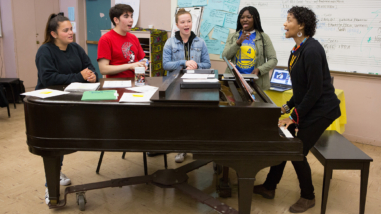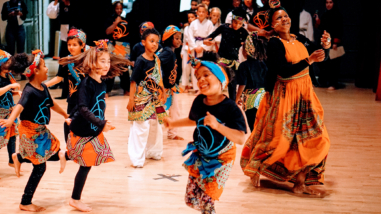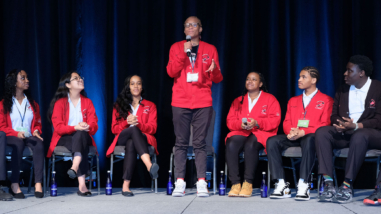Fundacao Getulio Vargas
For Public Management And Citizenship Programs
-
Amount$300,000
-
ProgramU.S.-Latin American Relations
-
Date Awarded7/23/2001
-
Term24.0 Months
-
Type of SupportGeneral Support/Organization
About the Grantee
Grantee Website
www.fgv.br
Address
Avenida Nove de Julio, 2029, Sala 1059, Sao Paulo, 01313-902, Brazil
Grants to this Grantee
for sponsorship of the Workshop on Law and Political Economy in Latin America
The Law and Political Economy (LPE) Project brings together a network of scholars, practitioners, and students working to develop innovative intellectual, pedagogical, and political interventions to advance the study of political economy and law. The aim of the inaugural workshop, held in July 2023, was to support the development of the LPE intellectual enterprise by fostering its theoretical and methodological debates in Latin America. The workshop — hosted in São Paulo by the Fundação Getulio Vargas School of Law, the University of São Paulo, and the Law & Society Association’s Collaborative Research Network on Law and Political Economy — provided a space for collaboration and exchange of experiences between LPE scholars from Latin America and other regions, including Global North institutions, to expand the geographical and intellectual reach of LPE research and scholarship.
for a project to explore Brazil's role in the global nuclear order
Continuing to engage emerging power countries remains a Nuclear Security Initiative priority. Many of these countries, including Brazil, are making crucial policy decisions about nuclear security and nuclear energy that will affect the ability of other states to proliferate in the future. Grants to the Faculdades Catolicas and Fundacao Getulio Vargas would allow them to continue groundbreaking projects at each organization to build understanding between experts and policymakers in Brazil and the international community about Brazil’s nuclear policy, what Brazilian leaders envision for their nuclear energy program, and how they plan to engage in the global nonproliferation regime.
The goals for this cluster of grants in Brazil are to (1) increase the understanding of Nuclear Weapons States decision makers and experts of the nuances of Brazil’s positions on nuclear security, (2) increase the understanding of Brazil’s decision makers and expert community of how its decisions have ripple effects internationally, and (3) eventually develop grantees with the capacity to inform government decision making in Brazil. The theory of change contends that the interplay of these three things will encourage Brazilian policymakers to become more integrated into international nuclear security institutions, more likely to support key nonproliferation priorities, and more likely to work with the United States and other Nuclear Weapons States to contain "rogue" nations during crises. In addition, countries with nuclear weapons will become better able to constructively engage the emerging powers on nuclear policy. We are working with principle investigators from both organizations to transition the projects to other funders inside and outside Brazil after Hewlett exits the field.



